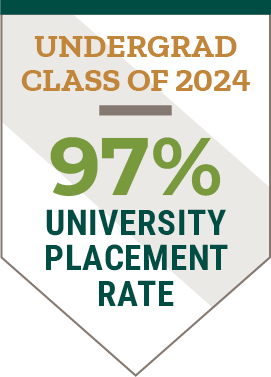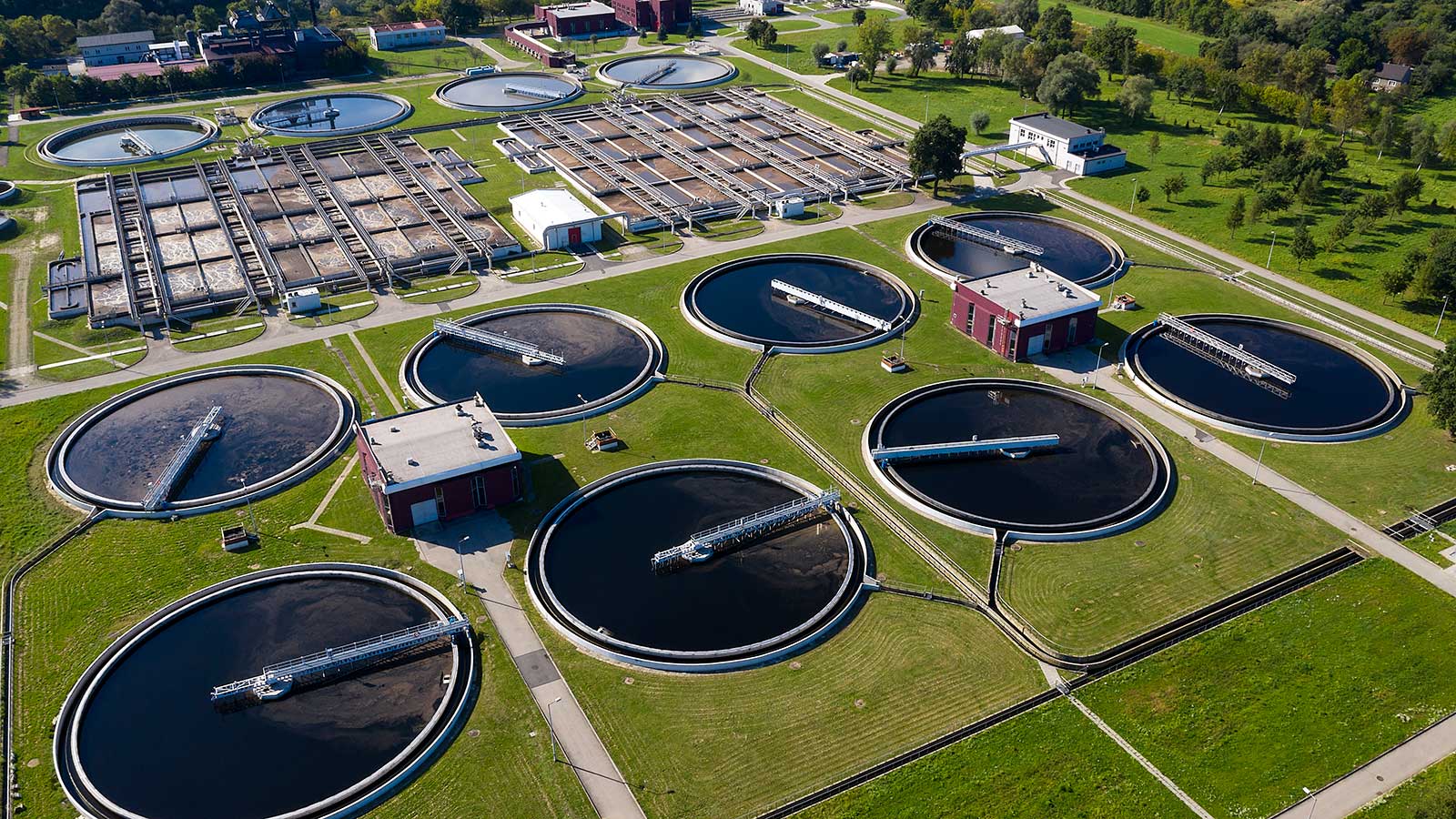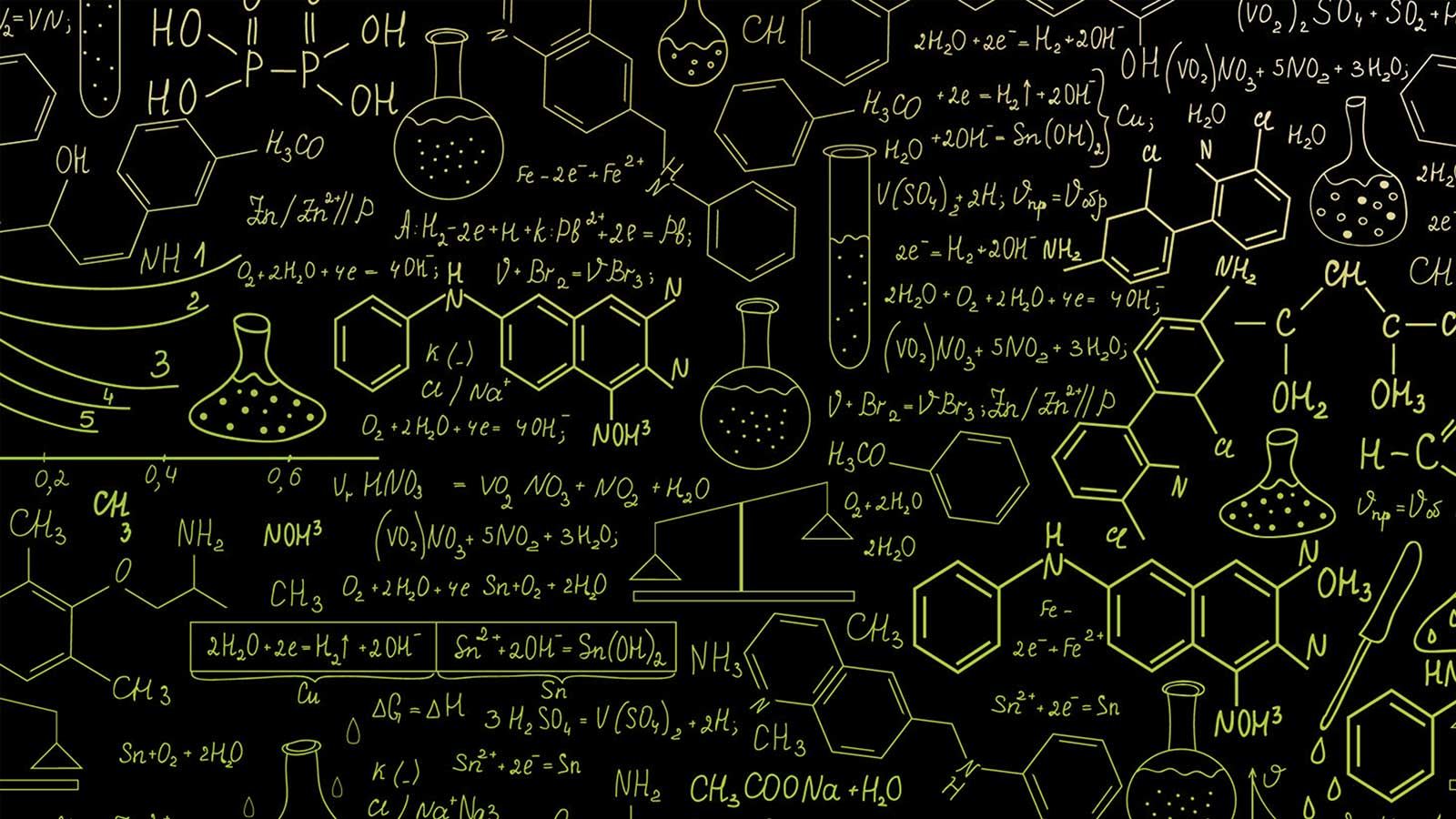
Design a More Efficient, Sustainable World
Much of our world’s infrastructure starts with ideas from civil engineers. This includes everything from the foundations of structures to the design of the buildings and bridges they support to the new, sustainable materials of which they are constructed and from the management and distribution of water resources to its ultimate treatment and release back to the natural environment. Do you envision a better-designed and sustainable society? Lead its development with a Bachelor of Science in Civil Engineering from Clarkson University.





